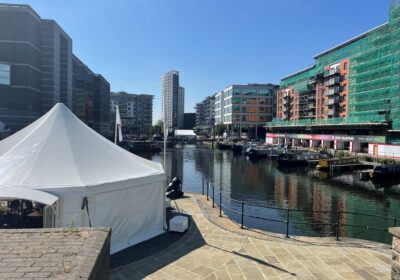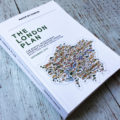Theoretically the UK is leaving the European Union on 29th March this year. Theoretically there will follow a two-year transition period and theoretically after that the UK will join some form of free trading arrangement with our European partners.
That’s the theory anyway. The reality is there is now a very strong possibility that the UK will either reboot or leave without an agreed final position.
Consequently and to avoid the latter, the UK may have no choice but to extend the transition period beyond the 29th March until the parliamentary deadlock has been resolved. Resolution of deadlock maybe in the form of a General Election. It maybe through a second referendum on the UK’s membership. What appears unlikely though is that this resolution will be achieved through a Parliamentary acceptance of the current deal.
Sadly, trench lines have been drawn and it would appear there is little appetite from the EU to reshape the current position. Whether the EU is waiting to see how the Government will cope with a Parliamentary defeat before it offers a concession, or whether it is content to watch the UK fall over is a matter for extensive speculation.
The property response
From a property and housing perspective, the situation means UK’s Brexit uncertainty is likely to persist throughout 2019. This is unfortunate and to a large degree, an inevitability stemming from Theresa May’s decision to trigger a General Election in 2017.
Talking to industrial agents, the market is hot as UK plc responds to the failure of the Government to resolve Brexit. Many have concluded that the just in time approach through an integrated European supply chain is no longer sustainable, at least in the short term. Sheds are being acquired left, right and centre as businesses look to bulk up their storage and logistics positions in advance of the exit date.
The result will be a further hardening of yields across industrial assets serving UK major cities. This trend is likely to set the course for 2019 and into 2020. If there are winners, it will be the land owners and industrial asset owners operating and managing portfolios.
From a residential perspective, continued uncertainty will take its toll on sales as buyers wait and see. Developers operate in cycles. They are susceptible to boom and bust which is why they invest on margins much greater than other sectors. As long as the uncertainty does not endure into 2020, it is likely that most will weather the storm. However, a sustained period of uncertainty will have very serious consequences. For those seeking to buy a home, the next six months will be an opportune moment.
Deal or no deal
From a wider business perspective, there is a desire to see a parliamentary acceptance of Theresa May’s deal. It puts the UK back on a stable footing, at least in the short term and avoids the sharp downsides that will be associated with a sudden exit.
However, the deal is not really a deal in any commercial sense of the word. It really just opens the door to discussing terms of a future trade arrangement. It places the EU in a high favourable position with regards to this.
If the EU wished to be difficult, it could theoretically lock the UK into a supplicant relationship for as long as it so wished. That’s why I have a lot of sympathy with the Parliamentary pushback Theresa May is experiencing.
If the UK is able to strike a free trade agreement with the EU, customs arrangements and some form of tariffs are likely to still apply. If the UK leaves without a deal, then higher tariffs and more extensive customs arrangements will of course apply.
The UK has a productivity problem. If we’re leaving the EU on less favourable terms (inevitable), then there is a serious need to twin track policies that prepare the economy for a more competitive trading environment. I will deal with this in my next post.
In conclusion, the most favourable outcome has to be an extension and a renegotiation. Whatever this renegotiation brings forward, there will be winners and losers in the economy. Whilst this negotiation takes place, there will be more instability and uncertainty over 2019. During this difficult time, radical thinking is needed to address our productivity as a nation. Things will get tougher in the short term, but the UK is a resilient and diversified economy. With a productivity mindset and an enabling Government, there is no reason why we can’t make the best of Brexit.








